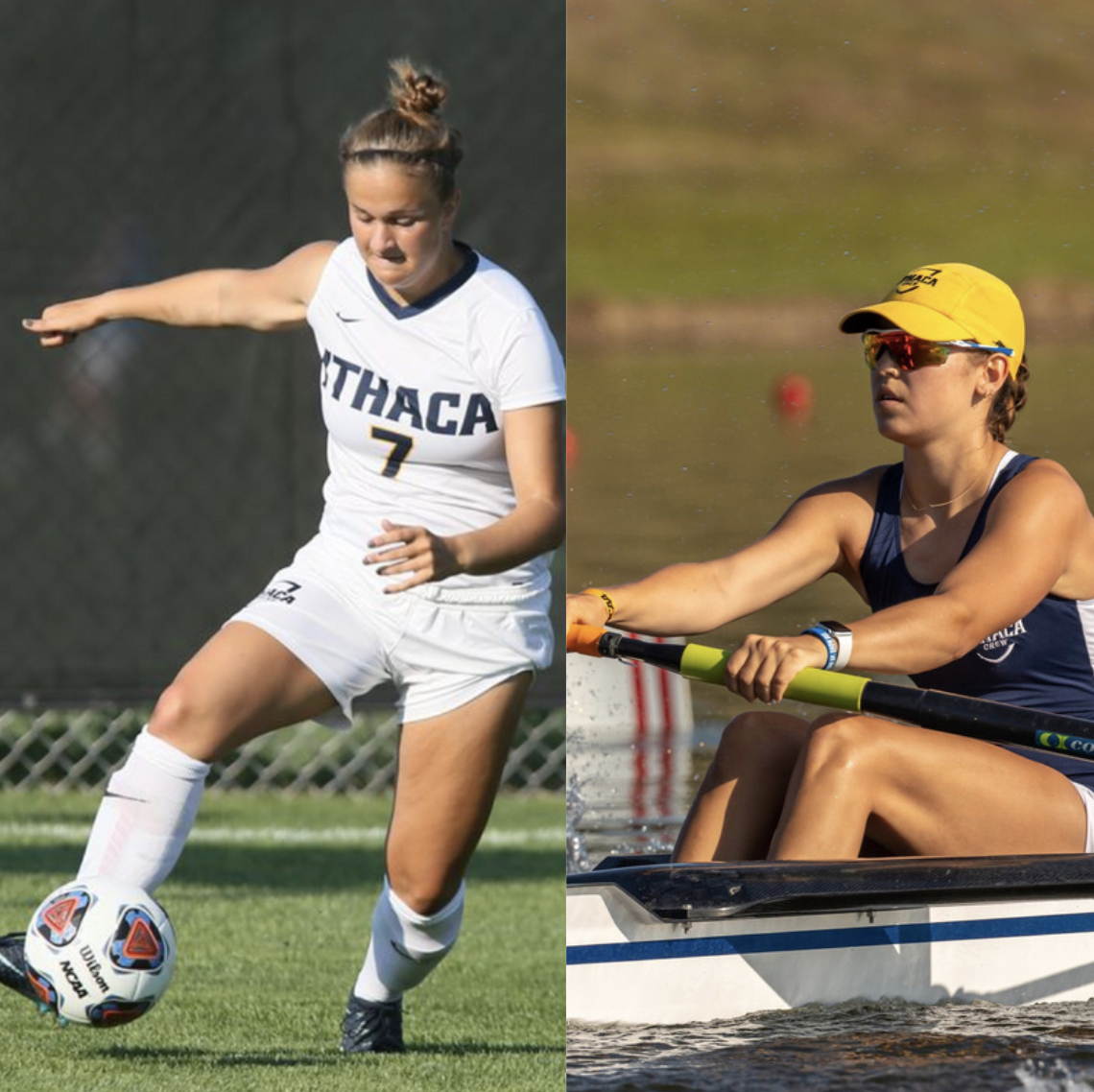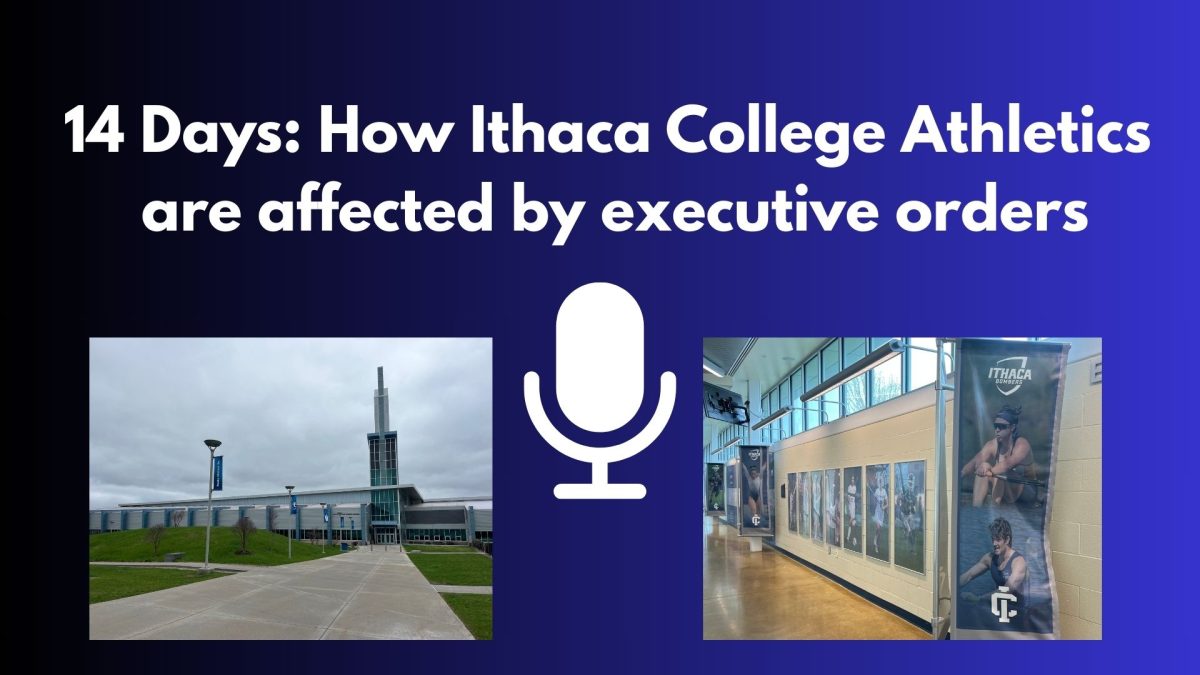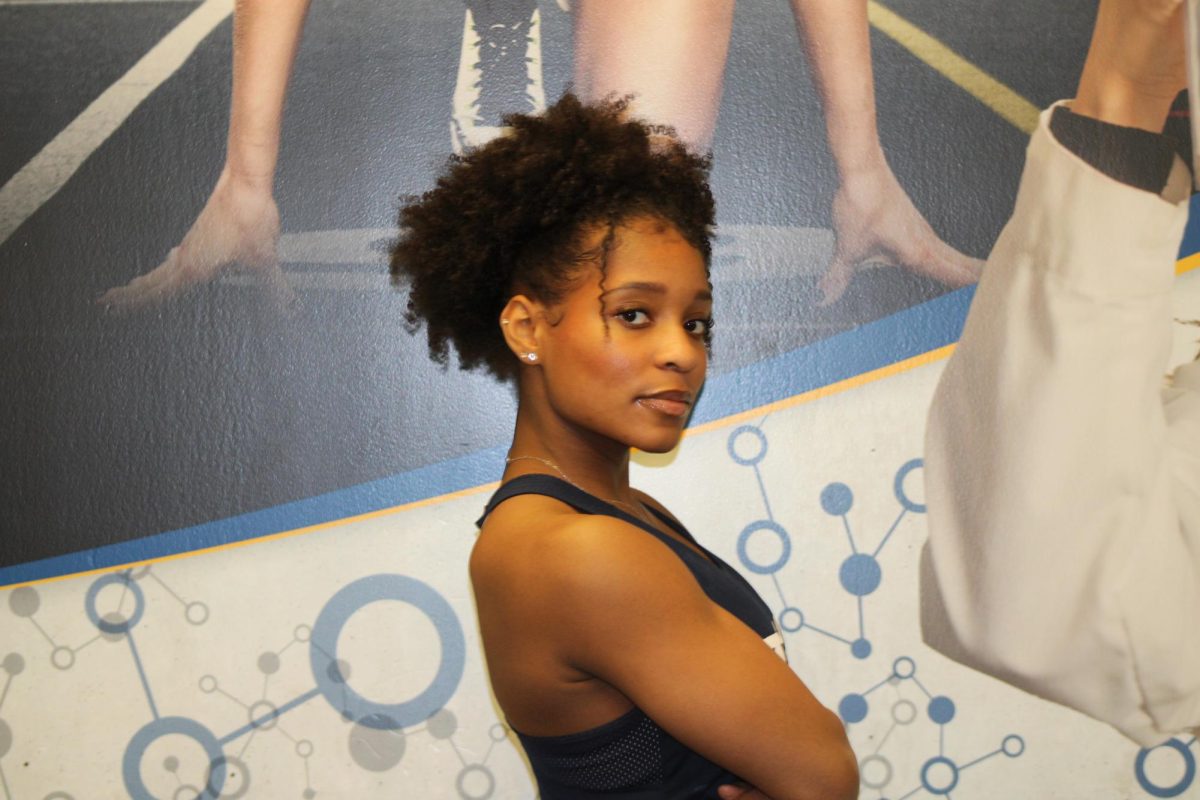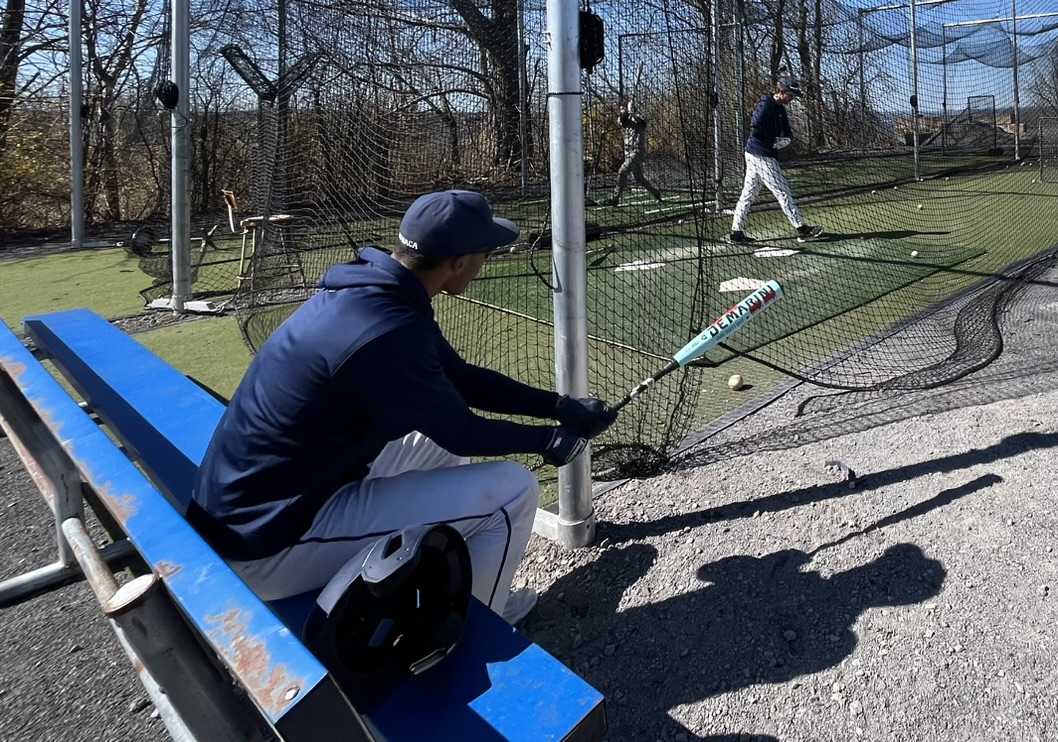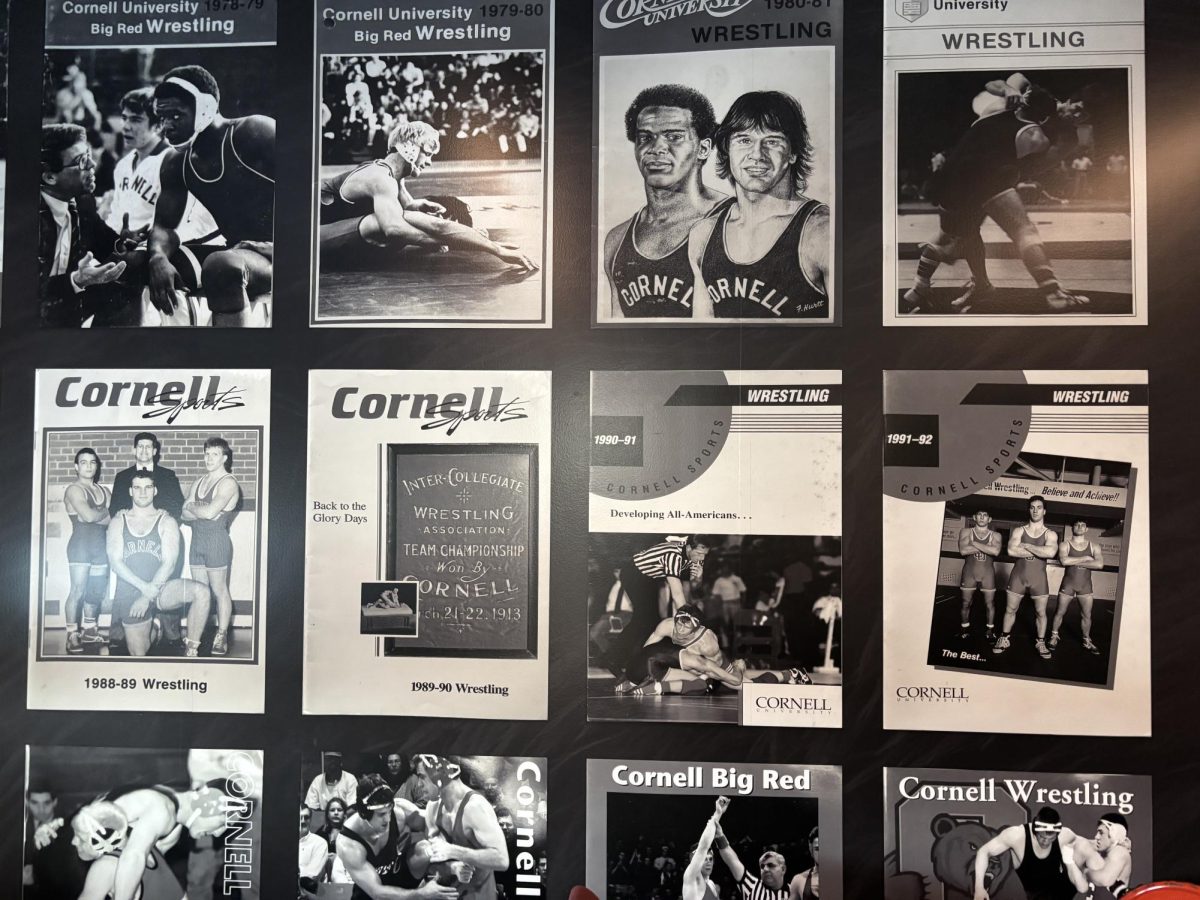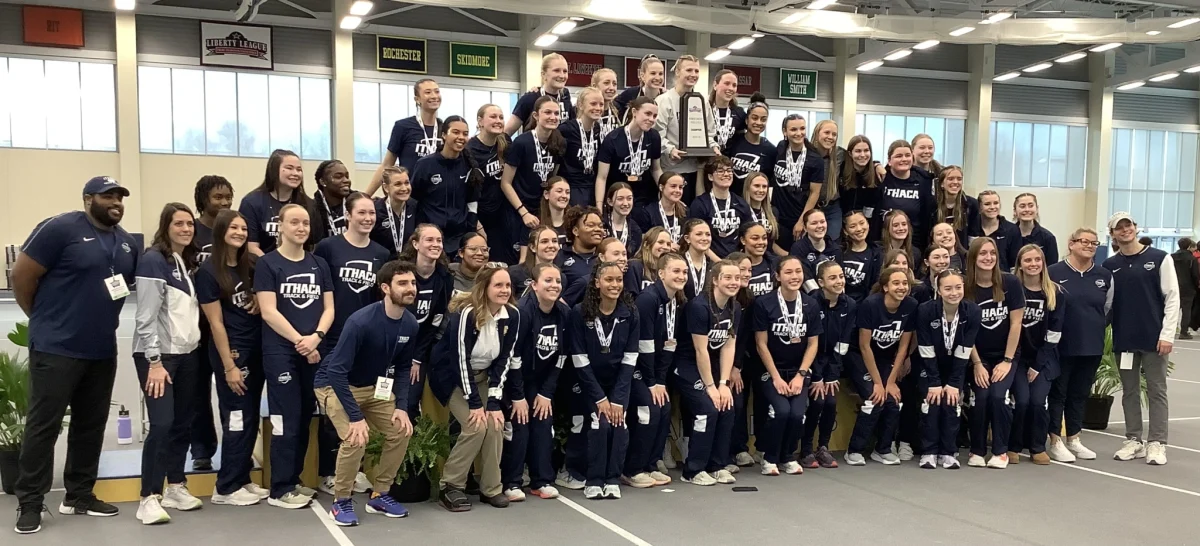What happens after someone loses the label “athlete”?
After participating in something for so long it starts to become part of one’s identity. Graduating student-athletes such as Dania Bogdanovic, a senior on the Ithaca Women’s Crew and Sculling Team, are starting the process of beginning to cope with the idea that they will no longer hold the title of an athlete. “I’ve known that this was going to be my last year for a while so even though it will make me sad that I will not be able to participate anymore, I’ve known this was going to be my last year on rowing for a while,” said Bogdanovic.
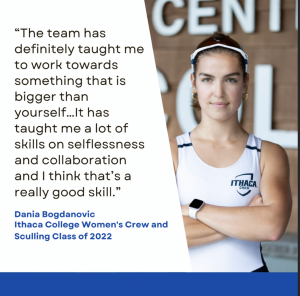
One NCAA study found that mental health issues such as anxiety and other insecurities may become more prominent when people no longer have the label of an athlete. The study found that three out of four former student-athletes reported difficulty retiring from a competitive sport. Research also showed that physical aspects of one’s life could also change. The study showed that former student athletes had a change in eating habits due to not burning as many calories as they used to. They also found finding motivation to exercise difficult because of the lack of a coach.
Former member of the Ithaca Women’s Soccer Team, Stella Campodonico, said that adjusting to a life without sports takes time.
“You’ll learn to cope in ways that aren’t just your sport and being able to build it in ways that you wouldn’t have had to before and it is definitely something that takes time so be patient with yourself, this is a sport and a lifestyle that you have done for 15, 16, 17 years of your whole life so it is definitely a big change.”
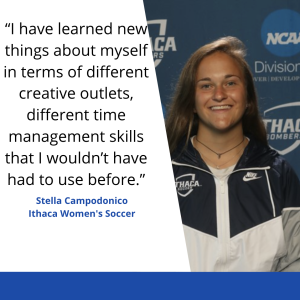
The idea of losing a core part of one’s identity has led Erin Reifsteck, an assistant professor in the UNCG Department of Kinesiology, to establish the program “Moving On!” which helps student-athletes make the transition to life after sports. They also provide personal stories from former student-athletes and how they were able to make a successful and healthy transition out of college sports.
“A lot of the student-athletes I’ve worked with haven’t really grappled with it until it’s kind of right in their face and they’re getting ready to graduate,” Reifsteck said, “The research suggests that proactive coping is really important. So, not waiting until after you’re experiencing the transition to deal with it, but to have some pre-retirement planning.”
Moving On! Offers former student athletes access to videos and guidelines to help maintain their physical activity and healthy eating habits.
There are positives that come out of no longer being a student athlete. “I have learned new things about myself in terms of different creative outlets, different time management skills that I wouldn’t have had to use before.” Campodonico said.
Competing on the collegiate level offers important life skills that one could use out of the world of sports.
“The level of a varsity team in college versus high school is very different and it has taught me a lot of skills of selflessness and collaboration and being part of something bigger than yourself,” said Bogdanovic.

